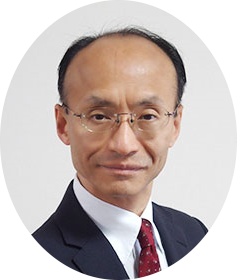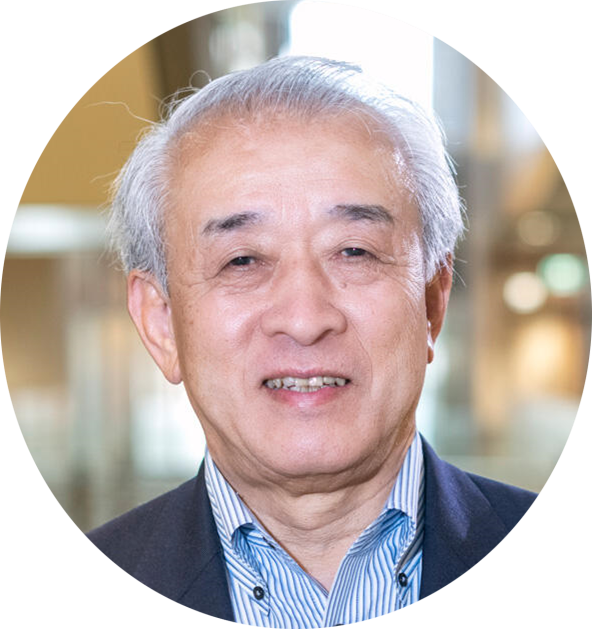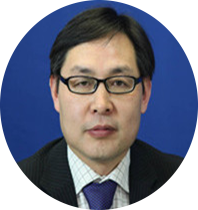
Kyoto University, Japan

Toyota Technological Institute, Japan
Speech title "Importance of Photovoltaics"
Abstract-Photovoltaic (PV) energy conversion is
expected to contribute to creation of a clean
energy society as No.1 energy source. For
realizing such a vision, various developments
such as high-efficiency, low-cost and highly
reliable materials, solar cells, modules and
systems are necessary. Cooperation with storage
battery is also very important for regulation
and self-consumption. Creation of new
applications such as building integrated PV,
vehicle integrated PV, agriculture PV and
floating PV is also very important for further
installation of PV and reducing CO2 emission.
Sustainability of material consumption,
reducing, reuse and recycling are also key
issues for widespread deployment of PV. This
paper shows importance of photovoltaics and
discusses about future directions of
photovoltaics from the view-points of
high-efficiency, low-cost, reliability, and
importance of integrated photovoltaics and
sustainability.

University of Lincoln, Lincoln, UK